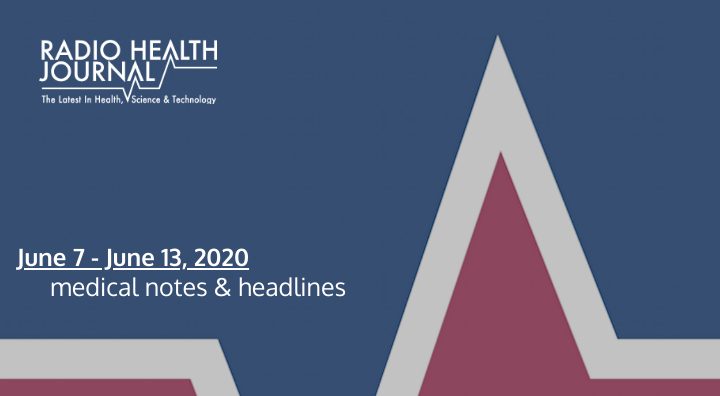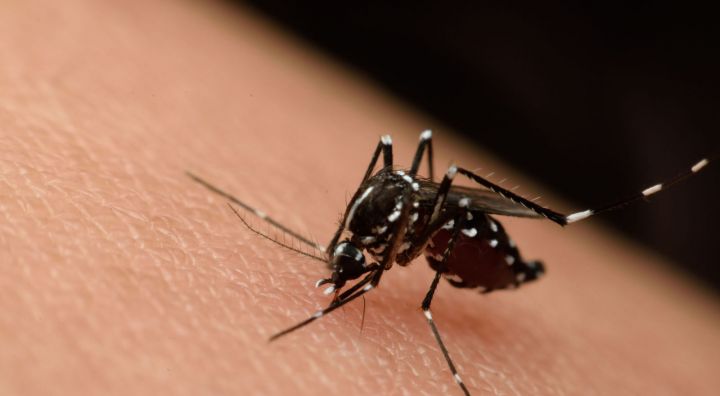Does the world’s most widely used broad-spectrum weed killer cause cancer? A number of studies have come to different conclusions. But now a comprehensive new analysis in the journal Mutation Research – Reviews in Mutation Research has looked at all the evidence, including a test of more than 50,000 licensed pesticide applicators. The study concludes that yes, the chemical glyphosate raises the risk of non-Hodgkin lymphoma by as much as 41 percent. Glyphosate is the primary ingredient in the weed killer Roundup.
If you’re a middle-aged man and can do 40 pushups without stopping, you’re at a 96 percent lower risk of heart disease than those who can do only 10. A study in the journal JAMA Network Open finds that the pushup test may be the most reliable and inexpensive way to judge a man’s heart health over his next 10 years, even more reliable than treadmill tests. But if you can’t do 40 pushups, don’t despair. Heart disease risk is lower to some degree as long as you can do 11 or more.
And finally… gardeners will tell you that playing in the dirt makes them happy, and the reason? There’s a natural antidepressant in soil that acts much the same way as Prozac, but without side effects. A study in the journal Neuroscience shows that gardeners inhale a soil microbe called Mycobacterium, which acts to raise serotonin in the brain, increasing feelings of relaxation and happiness for as long as three weeks.
Medical Notes 19-11: Week of March 17, 2019
Does the world’s most widely used broad-spectrum weed killer cause cancer? A number of studies have come to different conclusions. But now a comprehensive new analysis in the journal Mutation Research – Reviews in Mutation Research has looked at all the evidence, including a test of more than 50,000 licensed pesticide applicators. The study concludes that yes, the chemical glyphosphate raises the risk of non-Hodgkin lymphoma by as much as 41 percent. Glyphosphate is the primary ingredient in the weed killer Roundup.
If you’re a middle-aged man and can do 40 pushups without stopping, you’re at a 96 percent lower risk of heart disease than those who can do only 10. A study in the journal JAMA Network Open finds that the pushup test may be the most reliable and inexpensive way to judge a man’s heart health over his next 10 years, even more reliable than treadmill tests. But if you can’t do 40 pushups, don’t despair. Heart disease risk is lower to some degree as long as you can do 11 or more.
And finally… gardeners will tell you that playing in the dirt makes them happy, and the reason? There’s a natural antidepressant in soil that acts much the same way as Prozac, but without side effects. A study in the journal Neuroscience shows that gardeners inhale a soil microbe called Mycobacterium, which acts to raise serotonin in the brain, increasing feelings of relaxation and happiness for as long as three weeks.
Sign up to receive email updates
Enter your name and email address below and I’ll send you periodic updates about the podcast.











Leave a Reply